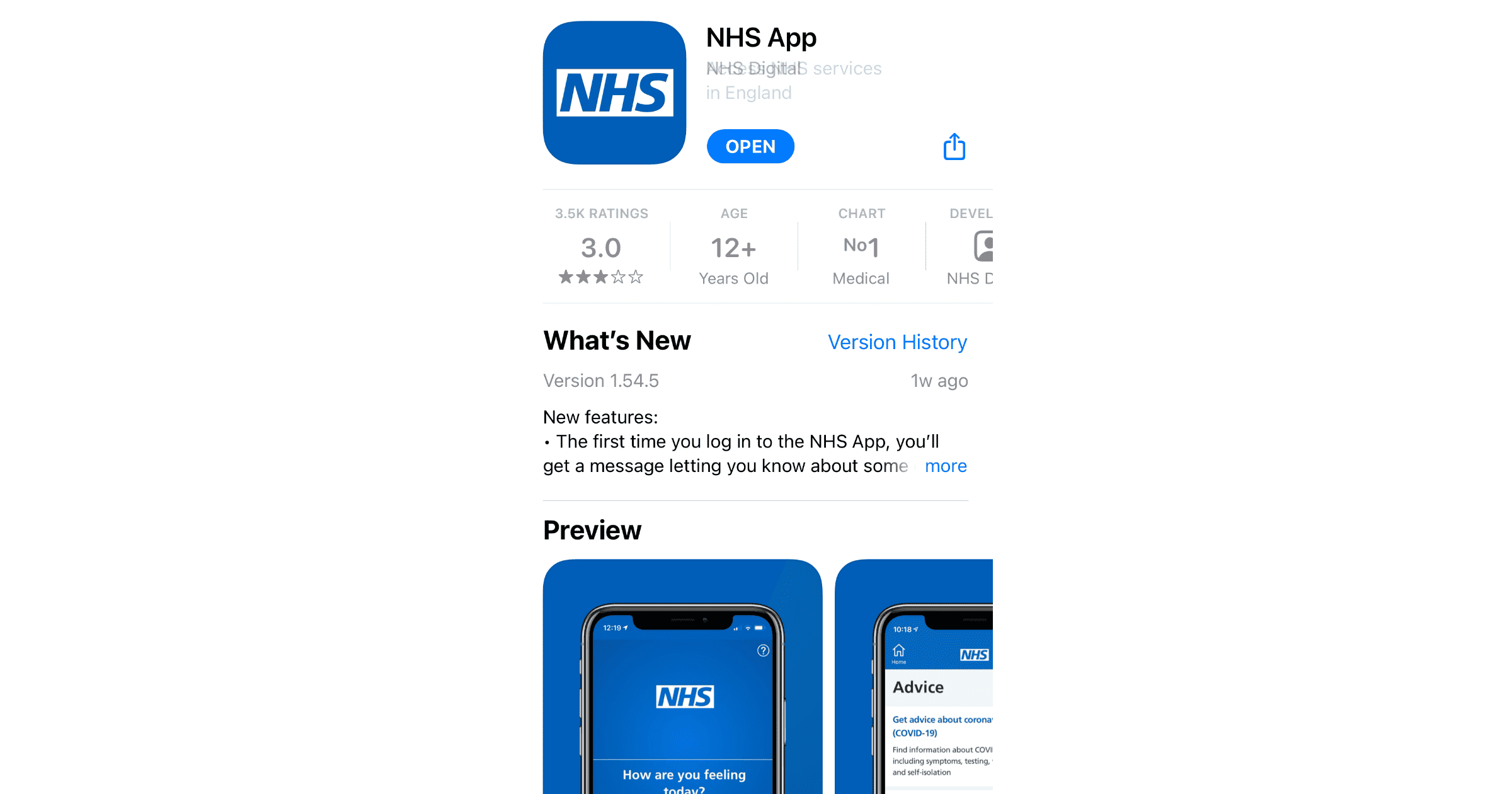LONDON – England’s NHS app for iOS has been updated to allow the COVID pass, which will be required at some events and settings, to be added to a user’s Apple Wallet. This works for the domestic pass only, and other parts of the UK have different apps and systems.
Add NHS App Covid Pass to Apple Wallet
User’s first need to make sure they are using the latest version of the NHS app. This is separate from the COVID-19 app used for contact tracing. Open the App Store, tap the icon in the top right corner to open your profile, and scroll down to see if an update is available. If not, the latest version is already installed.
- Open the app and log in if required.
- Tap ‘Get Your NHS COVID Pass’.
- Tap Domestic,
- Scroll down and tap ‘Add to Apple Wallet’ which is just underneath the QR code.
- The NHS COVID Pass then appears on-screen. Tap ‘Add’ in the top right corner.
The NHS COVID pass is then added to your Apple Wallet. It is available to those 18 or over two weeks after completing a full course of vaccination, or after having a negative PCR or rapid lateral flow test within 48 hours of entry to a venue requiring the NHS Covid pass, or with proof of natural immunity from a positive PCR test up to 180 days from the date of the positive test after self-isolating.

Charlotte:
The Apple Wallet is ideal for this purpose. This not only proves that organisations, both public and private, appreciate the value proposition of this tool, but that it will only continue to gain in importance. It’s just a matter of time before it becomes a standard practice to provide a virtual option to physical media.
That said, colleagues at the NHS have been in the forefront of studying the comparative sensitivity and specificity of different assays for screening for SARS-CoV-2 positivity. Lateral flow technologies have the advantage of being fast and specific (minutes before getting a result). They are not all equally sensitive, nor do they permit high throughput (high number of samples per run). It would not have been surprising if a PCR test was, or soon will be, a requirement.